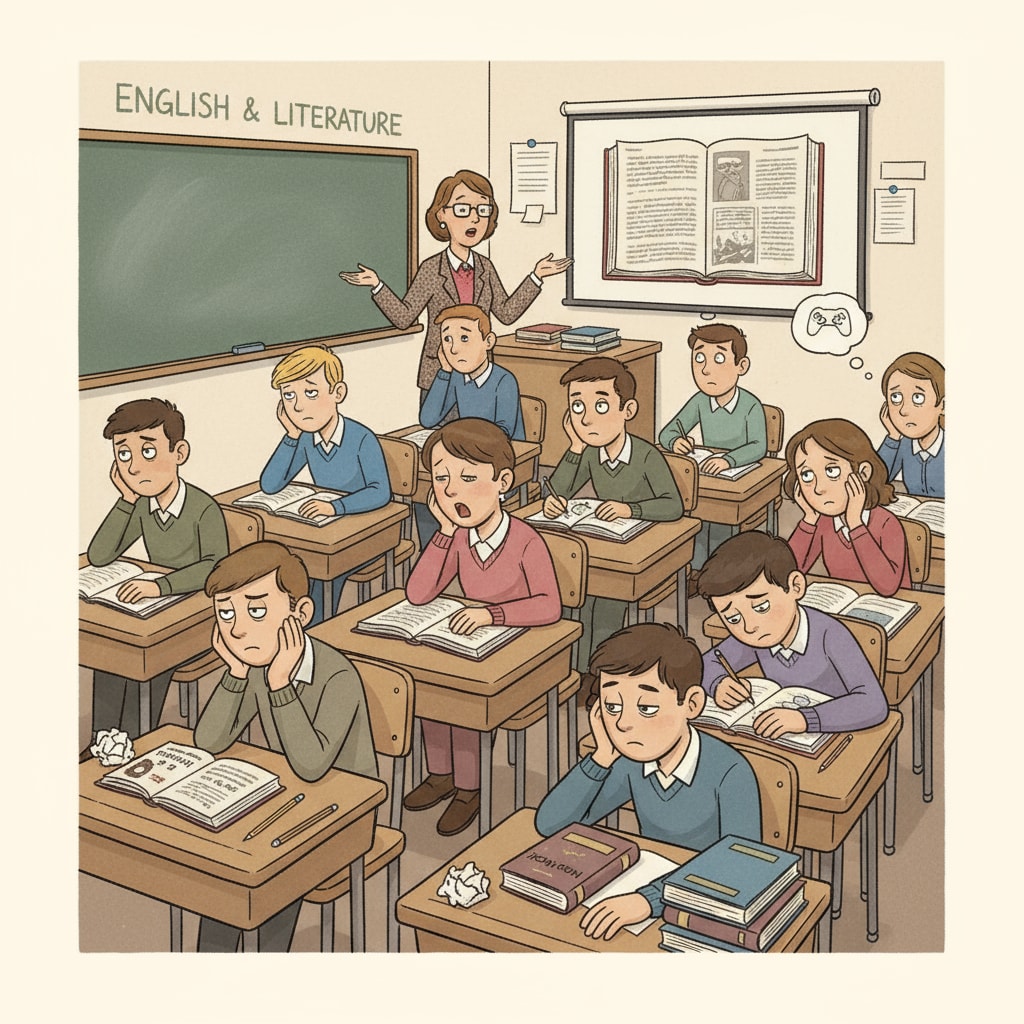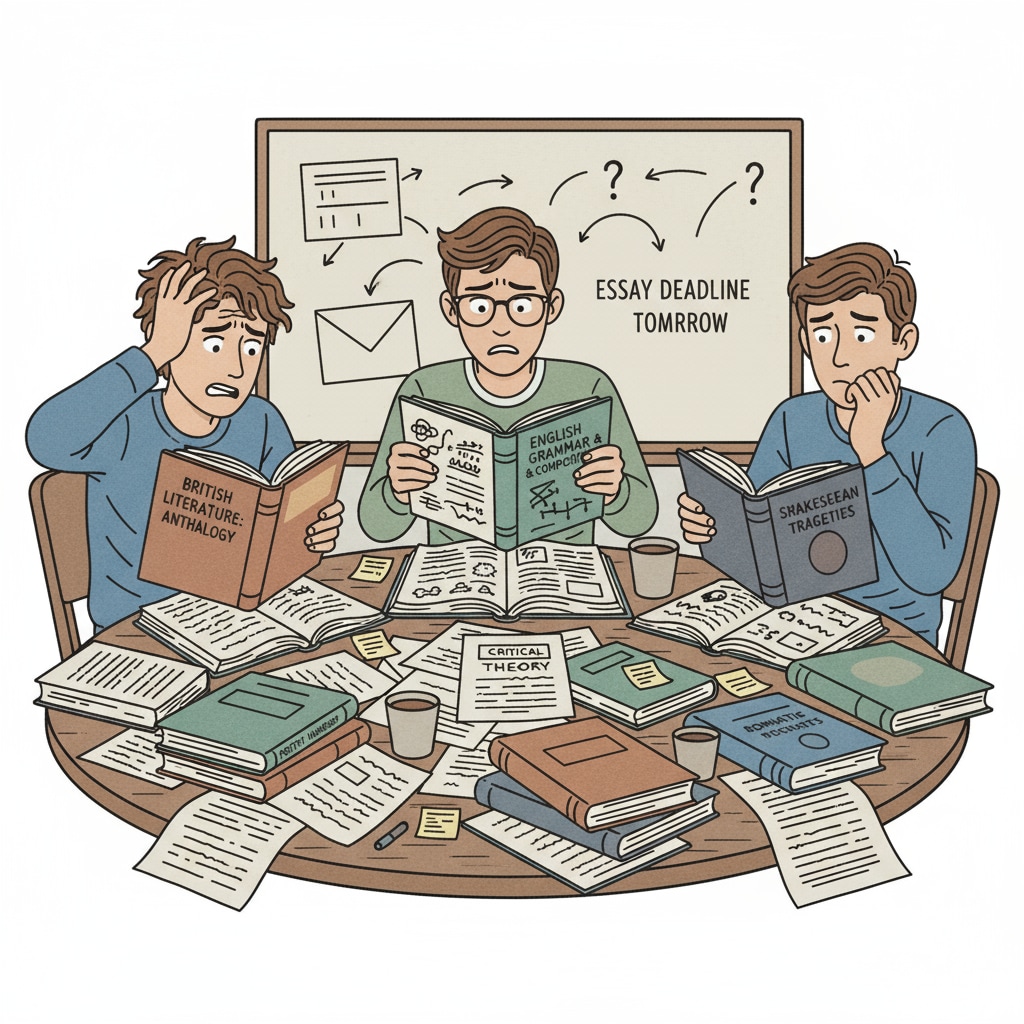English and literature courses play a significant role in students’ educational journey, and the student experiences within these courses can vary greatly. In the transition from Grade 8 to Grade 9, many students are facing a negative shift in their feelings towards English and literature courses, evolving from a state of love to one of resistance. This change not only affects their academic performance but also their overall attitude towards learning.

The Alarming Shift in Student Attitudes
Previously, in Grade 8, students often showed enthusiasm for English and literature courses. They were engaged in reading interesting stories, learning new vocabulary, and expressing themselves in English. However, as they enter Grade 9, a notable change occurs. Many students start to feel overwhelmed and develop a sense of resistance. This shift is a cause for concern for educators and parents alike. For example, in a recent survey conducted among local schools, it was found that nearly 40% of students reported a decrease in their interest in English and literature courses since entering Grade 9.

Unveiling the Root Causes
There are several factors contributing to this negative transformation. Firstly, the curriculum in Grade 9 becomes more complex. The grammar structures are more advanced, and the literary works require deeper analysis. This sudden increase in difficulty can be intimidating for students. Secondly, the teaching methods might not be adjusted to meet the new needs of Grade 9 students. If the teaching remains too traditional and lacks interactivity, students are likely to lose interest. Additionally, the pressure of upcoming exams, such as high school entrance exams, also weighs heavily on students’ minds, making them view these courses more as a burden rather than an enjoyable learning experience. Ways to Make English Class More Engaging on TeachThought
To address this issue, educators need to take proactive steps. They should design more engaging teaching plans that incorporate modern teaching methods, such as group discussions, multimedia resources, and real-life examples. For example, when teaching a literary work, teachers can organize role-playing activities to help students better understand the characters and the plot. Parents also have a crucial role to play. They should create a relaxed learning environment at home and encourage their children to explore English and literature in a more enjoyable way. How to Help Your Child with English on Parents.com
Readability guidance: The above content uses short paragraphs to clearly present the problem, analyze the causes, and propose solutions. Each section has a clear focus, and transition words like ‘however’, ‘firstly’,’secondly’, ‘additionally’ are used to make the flow of the article more natural.


